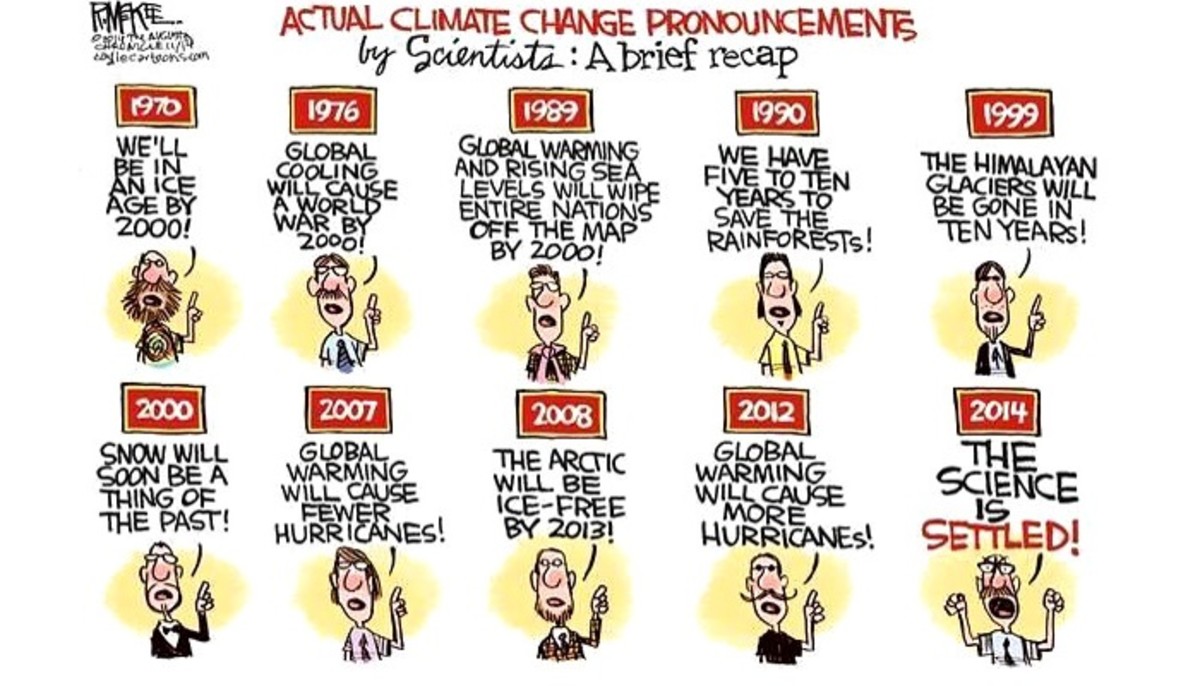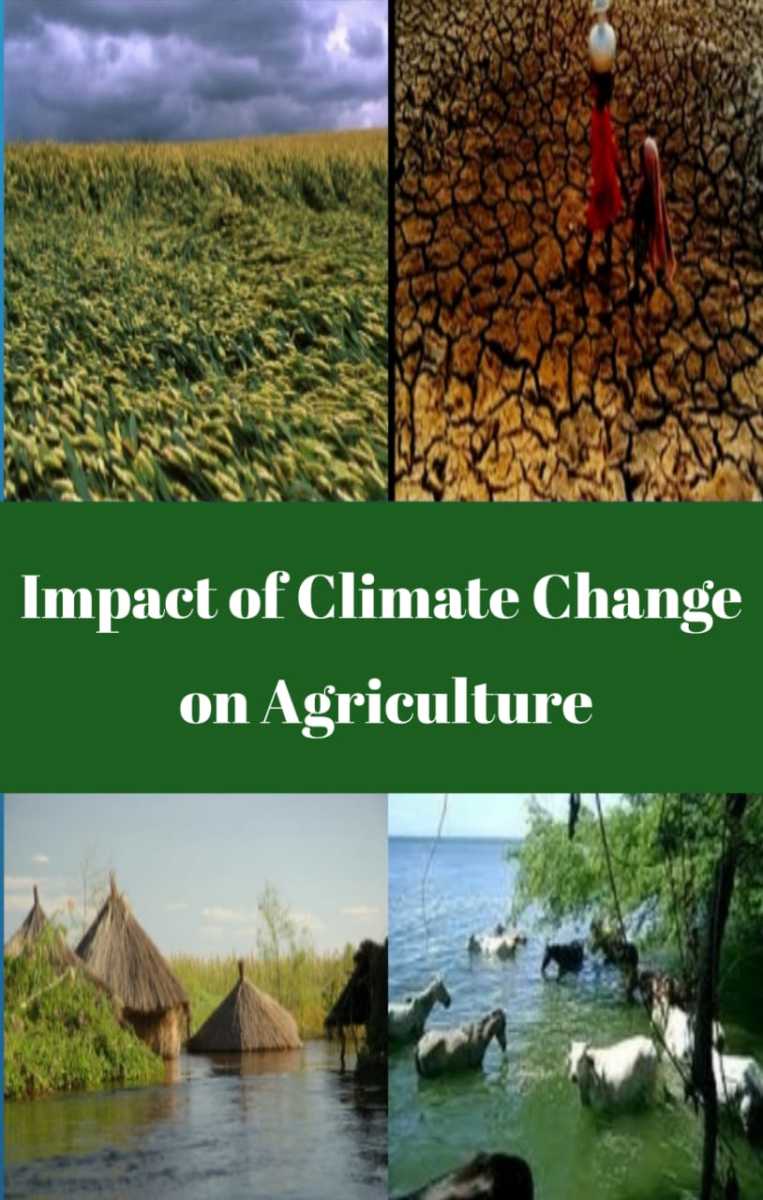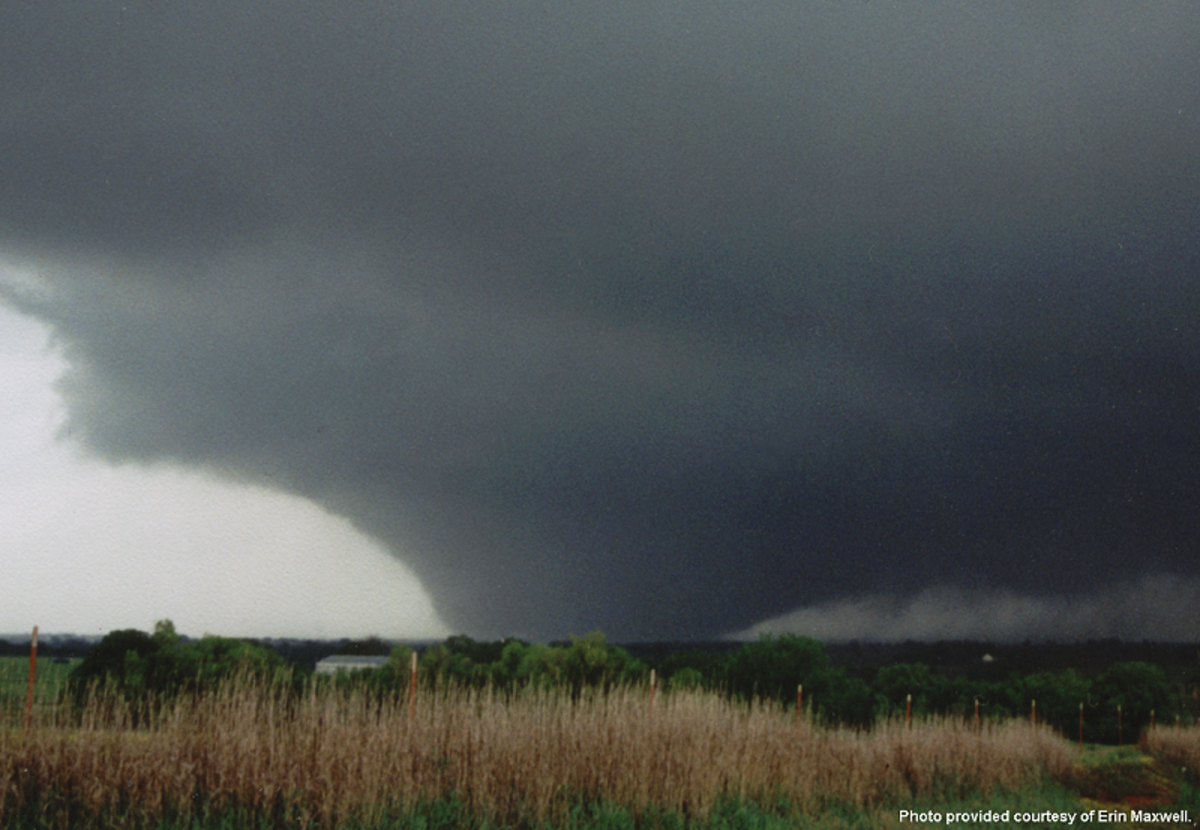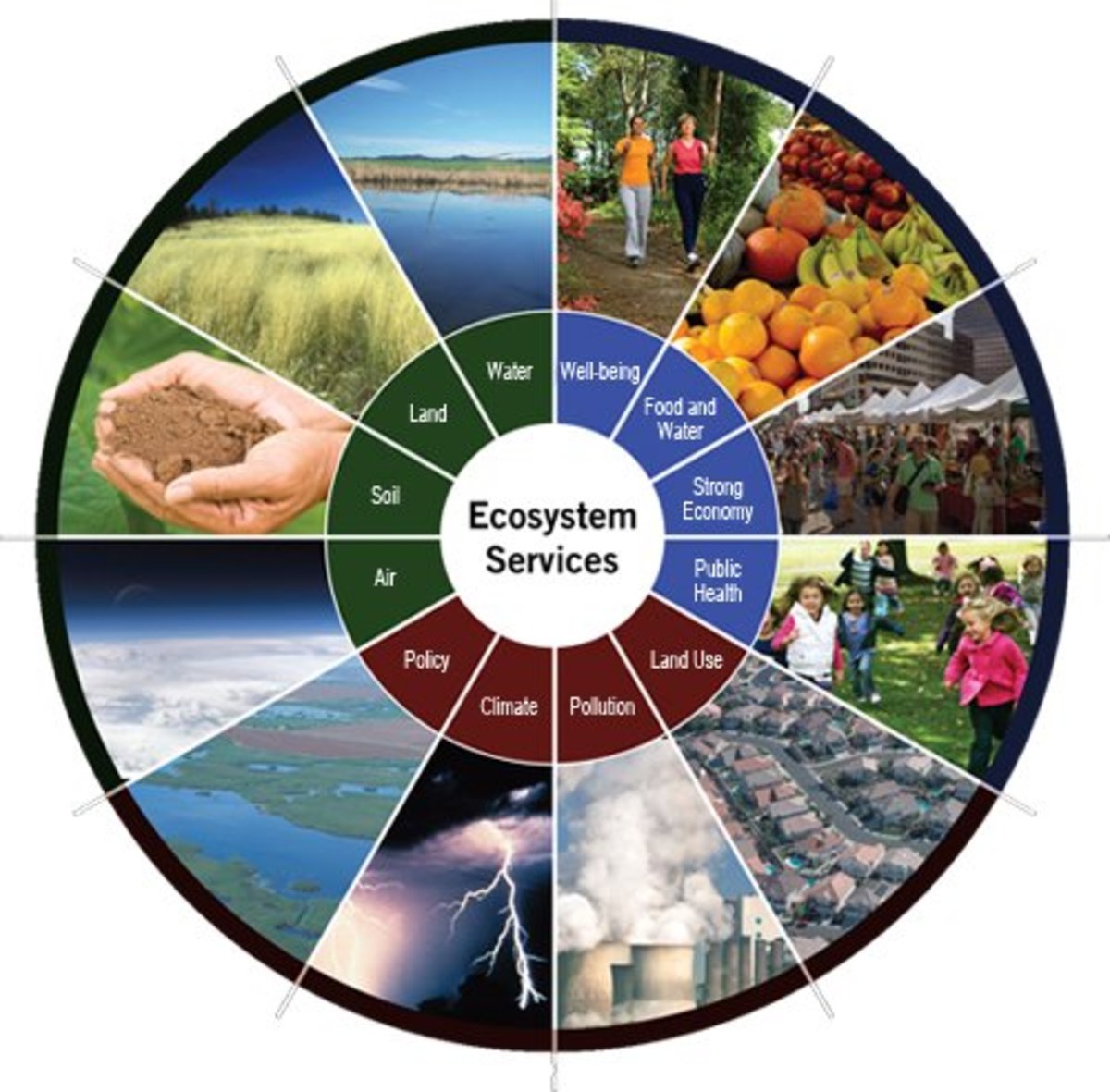Up to Three Billion People Will Live in a Hotter World by 2070

Hotter Days, Less Food
All of us are worried about climate change though many of us do not have a clear picture of what is happening and how the future will change. Most of us never bother to find out what science exactly says about climate change and what the new understanding is in climate change research globally. The latest information on climate change always appears in scientific journals, a small portion of it trickles down to the mainstream media, and often that too ends up in an oblivious corner of the chaotic information world.
This is why this article analyses a study that was published just on May 4, 2020, in the Proceedings of the National Academy of Sciences of the United States of America. This study is titled, ‘Future of the Human Climate Niche’. It imparts significant insight into the niche temperature in which humans have thrived all over the world through centuries and tries to find out how climate change will have an impact on this. The scientists who did this study are Chi Xu, Timothy A. Kohler, Timothy M. Lenton, Jens-Christian Svenning, and Marten Scheffer.
What does this study tell us that we do not know already and how is it important to our lives? It is about the last 6000 years of human life on planet Earth. The study probes what the annual temperature in which the majority of humans lived was in this vast expanse of time. The scientists of this study have arrived at a mean temperature and it is around 13 degrees Celsius. In other words, in the last 6000 years, the average temperature that humans found themselves in has been 13 degrees Celsius, which means we humans were used to cold climates. Another crucial point in the inferences of this research project is also that over the last 6000 years, there was no major variation in the above-discussed ambient temperature in which humans generally lived and rather chose to live. Now, the question is whether this is about to change owing to climate change. Yes, say the authors of this study and we know by our individual and collective experiences that it is already changing.
The study reveals that between 1 billion and 3 billion people could find themselves outside of this comfortable climate sphere in a short span of 50 years, which means that a huge chunk of the world population will experience intolerable heat by 2070. The problems of this temperature rise will not be limited to enduring hotter days and nights. The alarming part of the problem is that almost all the edible and non-edible crops that we cultivate also thrive in the same climate range as we do. Plants are more sensitive to varying climate conditions than we humans are. The consequences of about 3 billion people experiencing a warmer climate will wreak havoc on their food security and self-reliance.

Climate Induced Disparities
The authors of the study have prepared a map based on the projected geographic suitability of different regions of the world for human habitation. This map shows that major parts of Africa, South America, and Asia are under the threat of becoming uninhabitable. This finding forewarns about a huge climate refugee crisis. When these three continents turn into unlivable ovens, where will the millions of people who live there go?
Governments all over the world will have to start identifying the regions that would be affected worst and plan to ensure that the people of these regions have access to drinking water and food, and basic amenities at least. 2070 is just 50 years away. The sleeping governments have to wake up now if a human crisis has to be averted.
Another unwanted result of the temperature change will be resource-related conflicts and mass migrations. The study re-examines the Syrian conflict and points out that it is partially caused by the drought in the fertile crescent- a drought that has been the worst ever in the past 900 years. When the crops fail consistently and when there is acute scarcity, people will be forced to migrate in search of a livelihood. Climate migrants are already a tangible social issue in the world. The authors of the new research also warn that the most affected populations and communities will be the least privileged in terms of development and wealth.

Who will be the Most Affected?
The study compiles some important facts about how the warming impacts different demographic groups differently. For example, it points out that 50% of the world's population depends on small-holding farming. One key input these farmers put into the farming system, is their physical labour. So, it is imaginable how miserable these farm labourers will be when the temperature rises. The physical labouring capacity, mood, mental health, and behaviour of these labourers will be severely affected, say the researchers. A high percentage of small-holding farmers do not employ labour from outside but work themselves in the fields. In tropical countries, these farmers have already started limiting their working hours to mornings and evenings because of excessive atmospheric heat. Production and productivity are naturally impacted, the food export from these countries is affected, and a recent related example surfaced is India facing grain scarcity and banning wheat and rice exports. The simultaneous unleashing of different natural calamities, droughts, landslides, and floods, caused by Climate Change, is a significant cause that led to low production. However, once we begin to quantify the labour hours lost to reluctance to work, and fatigue, caused by excess atmospheric heat, and indeed we are bound to calculate them if we are to understand and address the problem clearly, it will be proven that this factor also contributes to production decline.
The study talks about "the rising mortality impacts of heat waves", especially in India. This has to be understood against the data that show a rise of 55% in heatwave deaths in India between 2000 and 2004 and also between 2017 and 2021 (Lancet study). In 2021 alone, India lost 167.2 billion labour hours to excessive atmospheric heat.
To Foresee the Future is the First Step to Change It
There are many ways to address the issue. This study need not fill us with doom and gloom alone. It empowers us to identify and understand the issue at hand, in a better way. It even helps us to know where the intervention is needed most. The need of the time is to identify these regions and try to improve the microclimate and sustainability of these regions by planting trees, establishing water conservation protocols, developing the human resource potential for alternative income sources, reinforcing the sustainable farming infrastructure, and building awareness. However, the sad fact remains that a world mired in disparities, economic greed, and a politics insensitive to human suffering, rarely manifests such foresightedness, not to mention the will to act.
Reference
Future of the Human Climate Niche, A study published on May 4, 2020, in the Proceedings of the National Academy of Sciences of the United States of America, and authored by Chi Xu, Timothy A. Kohler, Timothy M. Lenton, Jens-Christian Svenning, and Marten Scheffer. https://www.pnas.org/content/early/2020/04/28/1910114117
India Heatwave: High Temperatures Killing More Indians Now, Lancet Study Finds, 26 October 2022, bbc.com
This content is accurate and true to the best of the author’s knowledge and is not meant to substitute for formal and individualized advice from a qualified professional.
© 2020 Deepa








